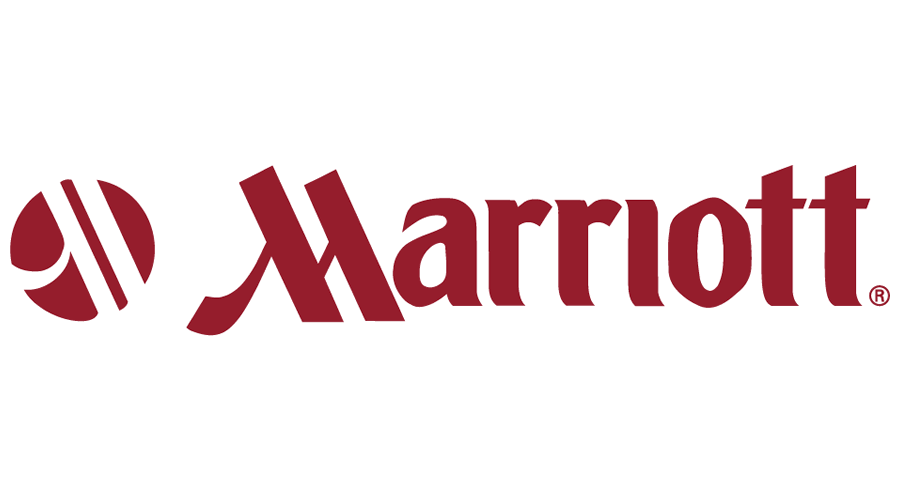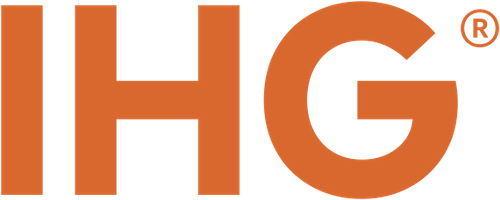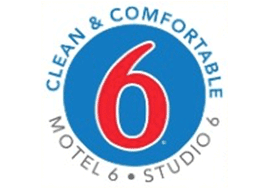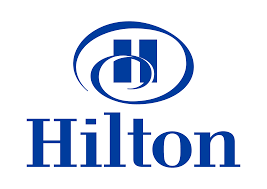When a laundry machine breaks down unexpectedly, and you’re left with a hefty repair bill, it can make you question your choice of equipment management. Deciding whether to buy or lease laundry equipment is a crucial decision for any laundromat or commercial laundry facility. While owning may seem straightforward—you pay once, and the machines are yours—the reality is far more complex. Maintenance, risk, and capital allocation all play critical roles. In this blog, we’ll break down these factors to help you determine the real cost of owning vs. leasing laundry equipment.
Real Cost of Owning vs. Leasing Laundry Equipment
To fully understand the implications of owning versus leasing, it’s essential to look at the costs and risks associated with each option.
The Cost of Ownership
Owning your laundry equipment means taking on the full responsibility for its maintenance and repair. This can lead to significant costs that go beyond the initial purchase:
- Initial Capital Investment: Buying laundry equipment requires a substantial upfront investment. This means allocating a large portion of your capital, which could otherwise be used for other critical business needs like renovations or expansions.
- Maintenance and Repairs: As an owner, you must maintain the equipment to prevent expensive repairs. For example, failing to grease bearings properly or allowing lint to accumulate in dryers can result in severe damage or even catastrophic events like fires. The cost of addressing these issues can be significant, especially if routine maintenance is neglected.
- Risk of Obsolescence: Laundry technology evolves, and owning equipment means you bear the risk of it becoming outdated. Upgrading to new machines can be costly, leading to the need for reinvestment sooner than expected.
- Unforeseen Expenses: Ownership also involves unexpected repair bills. If a major component fails, the cost to replace it can be high, and since you own the equipment, the financial burden is entirely on you.
Leasing Laundry Equipment: A Cost-Effective Solution
Leasing, on the other hand, offers an alternative that can reduce your financial burden and mitigate risks:
- Lower Initial Costs: Leasing allows you to avoid the large upfront costs associated with purchasing equipment. Instead, you make smaller, manageable payments over time, freeing up capital for other areas of your business.
- Included Maintenance and Repairs: One of the biggest advantages of leasing is that maintenance and repairs are typically included in the lease agreement. This eliminates the worry of unexpected repair bills and ensures that your equipment remains in good working condition.
- Reduced Risk of Obsolescence: Leasing transfers the risk of equipment becoming outdated to the leasing company. At the end of your lease term, you have the option to upgrade to the latest technology without the hassle of selling or disposing of outdated machines.
- Flexibility and Scalability: Leasing offers greater flexibility, allowing you to scale your operations as your business grows. Adjusting a lease agreement is often easier than purchasing new equipment outright, making it a practical solution for businesses with evolving needs.
Balancing Capital Allocation and Risk Management
Choosing between owning and leasing laundry equipment ultimately comes down to how you want to allocate your capital and manage risk. Ownership may be suitable if you have ample capital reserves and are comfortable handling the risks associated with it.
However, if you prefer to keep your capital liquid and minimize financial risks, leasing might be the better option. Leasing not only provides a more predictable cost structure but also allows you to focus on other aspects of your business without worrying about ongoing maintenance and potential obsolescence of your equipment.
In Summary
The decision between owning and leasing laundry equipment is crucial for your business’s financial stability and operational efficiency. Ownership offers control but comes with high upfront costs, ongoing maintenance, and the risk of obsolescence. Leasing, on the other hand, provides lower initial costs, including maintenance, and reduced financial risk, allowing you to keep your capital free for other investments.
If you’re unsure which option is best for your business, we’re here to help. Contact us to discuss your specific needs and find the solution that best suits your situation.











